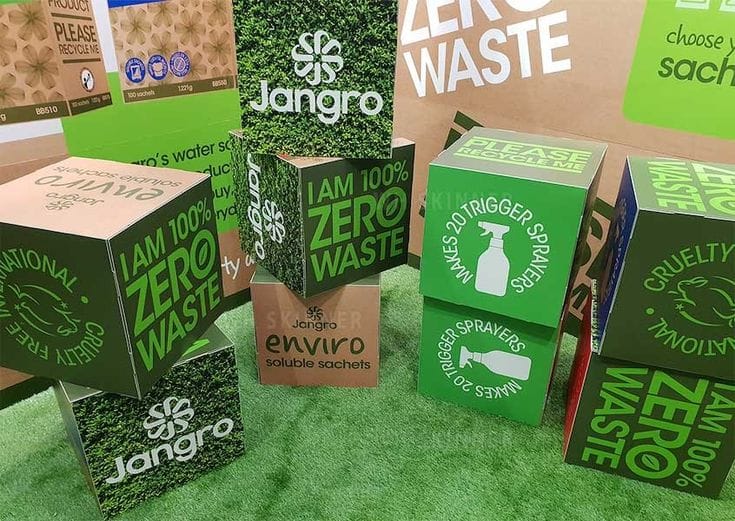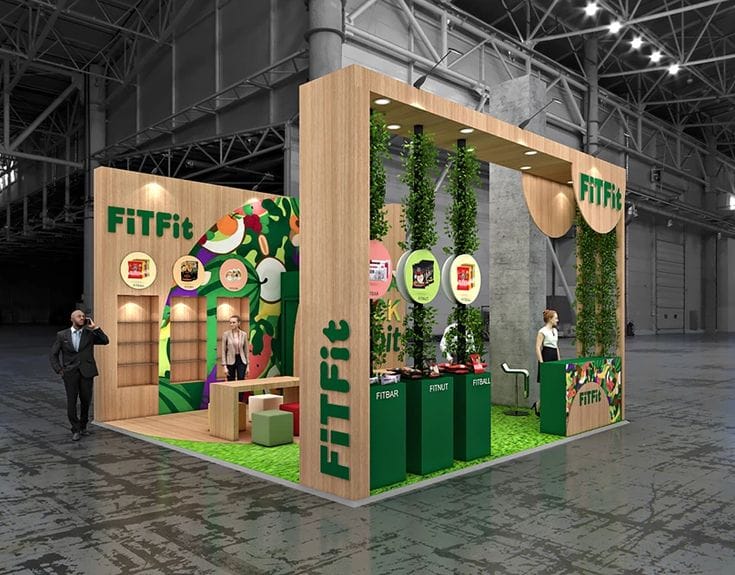Planning memorable events while minimizing environmental impact has become essential for modern event organizers. With growing awareness of climate change and environmental responsibility, sustainable events are no longer optional—they're necessary. This guide explores how to create impactful events that respect the planet without sacrificing quality or attendee experience.
Understanding Sustainable Events
Sustainable event planning involves making conscious decisions throughout the planning process to reduce environmental impact, support local communities, and create positive social change. The goal is to minimize waste, reduce carbon emissions, conserve resources, and leave a positive legacy long after the event concludes.

Eco-Friendly Vendor Selection
Choosing Green Partners
When selecting vendors for your sustainable events, prioritize partners who demonstrate genuine environmental commitment. Look for vendors with certified sustainability practices, such as B-Corp certification, LEED-certified facilities, or ISO 14001 environmental management standards. Research their waste reduction policies, energy sources, and transportation methods.
Local vendors should be your first choice whenever possible. Working with suppliers within a 100-mile radius significantly reduces transportation emissions while supporting the local economy. This approach also allows for better relationship building and more flexible collaboration throughout the planning process.
Catering with Conscience
Food service represents one of the largest environmental impacts at events. Partner with caterers who prioritize organic, locally-sourced ingredients and seasonal menus. Seek out vendors who can accommodate dietary restrictions while minimizing food waste through accurate headcount planning and donation programs for surplus food.
Consider plant-forward menus that reduce the carbon footprint associated with meat production. Work with caterers who use compostable or reusable serveware and have established relationships with local farms and producers.
Venue Selection Criteria
Choose venues that align with your sustainability goals. LEED-certified buildings, venues with renewable energy sources, and locations accessible by public transportation should rank highly in your selection process. Consider the venue's waste management capabilities, water conservation practices, and existing recycling programs.
Technology Solutions for Green Events
Digital-First Approaches
Embrace technology to reduce paper consumption and streamline event operations. Digital registration systems eliminate paper forms while providing real-time data and analytics. QR codes can replace printed programs, maps, and promotional materials, allowing attendees to access information directly on their devices.
Live streaming and hybrid event formats can significantly reduce travel-related emissions by allowing remote participation. Virtual networking platforms enable meaningful connections without requiring physical presence, expanding your event's reach while reducing its environmental footprint.
Smart Event Management
Implement event management software that optimizes resource allocation and reduces waste. Digital check-in systems speed up registration while eliminating paper tickets and badges. Mobile apps can facilitate networking, provide schedules, and enable real-time feedback collection without printed materials.
When technology equipment is necessary, choose energy-efficient options and work with vendors who prioritize sustainable practices. LED lighting systems consume significantly less energy than traditional options while offering superior lighting quality.
Sustainable Swag Ideas
Useful and Lasting Items
Move beyond throwaway promotional items toward gifts that attendees will genuinely use and appreciate. High-quality reusable water bottles, bamboo utensil sets, and organic cotton tote bags serve practical purposes while promoting your brand long after the event. These items should be durable enough to replace single-use alternatives in attendees' daily lives.
Tech accessories like portable phone chargers made from recycled materials or bamboo phone stands offer modern utility while supporting sustainability. Choose items that align with your audience's lifestyle and professional needs to ensure continued use and brand visibility.
Experience-Based Alternatives
Consider offering experiences rather than physical items. Digital gift cards to local businesses, subscription services, or online learning platforms provide value without material waste. Charitable donations made in attendees' names can create positive impact while eliminating shipping and packaging concerns.
Seed packets or small potted plants offer symbolic growth and environmental benefit while serving as memorable takeaways. Partner with local nurseries to provide native plant species that support regional ecosystems.
Waste Reduction and Transportation
Comprehensive Waste Management
Implement robust sorting systems with clearly labeled bins for recycling, composting, and minimal landfill waste. Partner with waste management companies that can handle specialized materials and provide post-event reporting on diversion rates. Staff these stations with knowledgeable volunteers who can assist attendees and maintain system integrity.
Design events with end-of-life planning for all materials. Decorative elements should be reusable, returnable, or compostable. Work with vendors who can reclaim materials after events for use in future projects.
Encouraging Sustainable Transportation
Provide comprehensive information about public transportation options, including schedules, routes, and any special event discounts. Partner with rideshare companies to offer group transportation options or incentivize carpooling among attendees. When possible, choose venues accessible by walking, cycling, or public transit from major hotels and airports.

Measuring Success
Key Performance Indicators
Establish measurable sustainability goals before your event begins. Track metrics such as waste diversion rates, local vendor percentage, digital adoption rates, and attendee satisfaction with sustainability initiatives. Survey attendees about their perception of sustainability efforts and gather suggestions for improvement.
Calculate your event's carbon footprint using established methodologies that account for attendee travel, venue energy use, catering, and materials. Consider partnering with reputable offset providers who invest in verified projects such as reforestation or renewable energy.
Cost-Effective Implementation
Many sustainable practices reduce costs while improving environmental impact. Digital materials eliminate printing and shipping expenses. Local vendors often offer competitive pricing while reducing transportation costs. Energy-efficient equipment and venues frequently cost less to operate, providing immediate savings.
Clearly communicate the value of sustainability initiatives to stakeholders and attendees. Many participants appreciate transparency about environmental impact and want to contribute to positive change. This approach often enhances brand reputation and attendee satisfaction while achieving environmental goals.
Sustainable event planning requires thoughtful consideration and strategic implementation, but the benefits extend far beyond environmental impact. These practices often result in cost savings, improved attendee experiences, and enhanced organizational reputation while contributing to global sustainability efforts.


